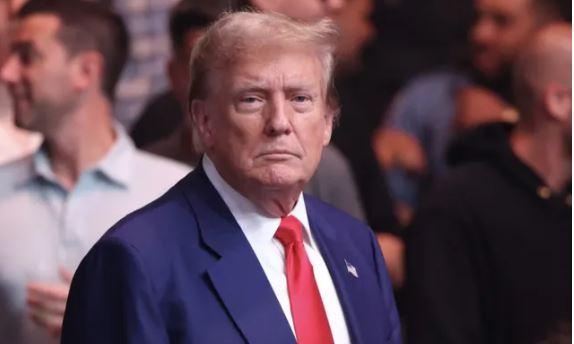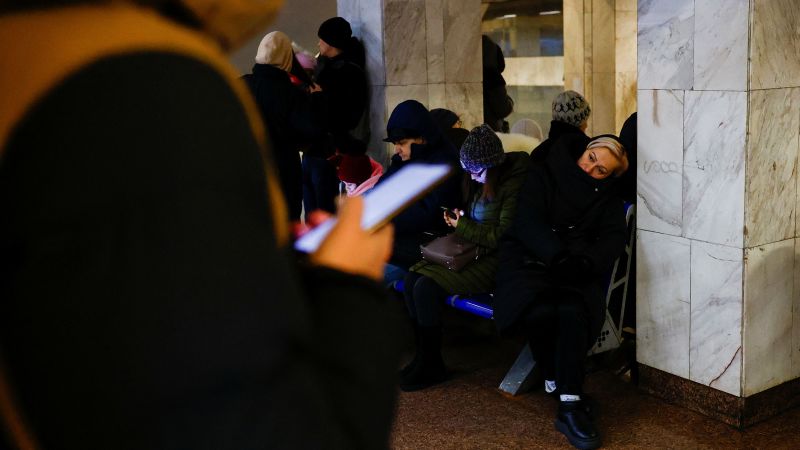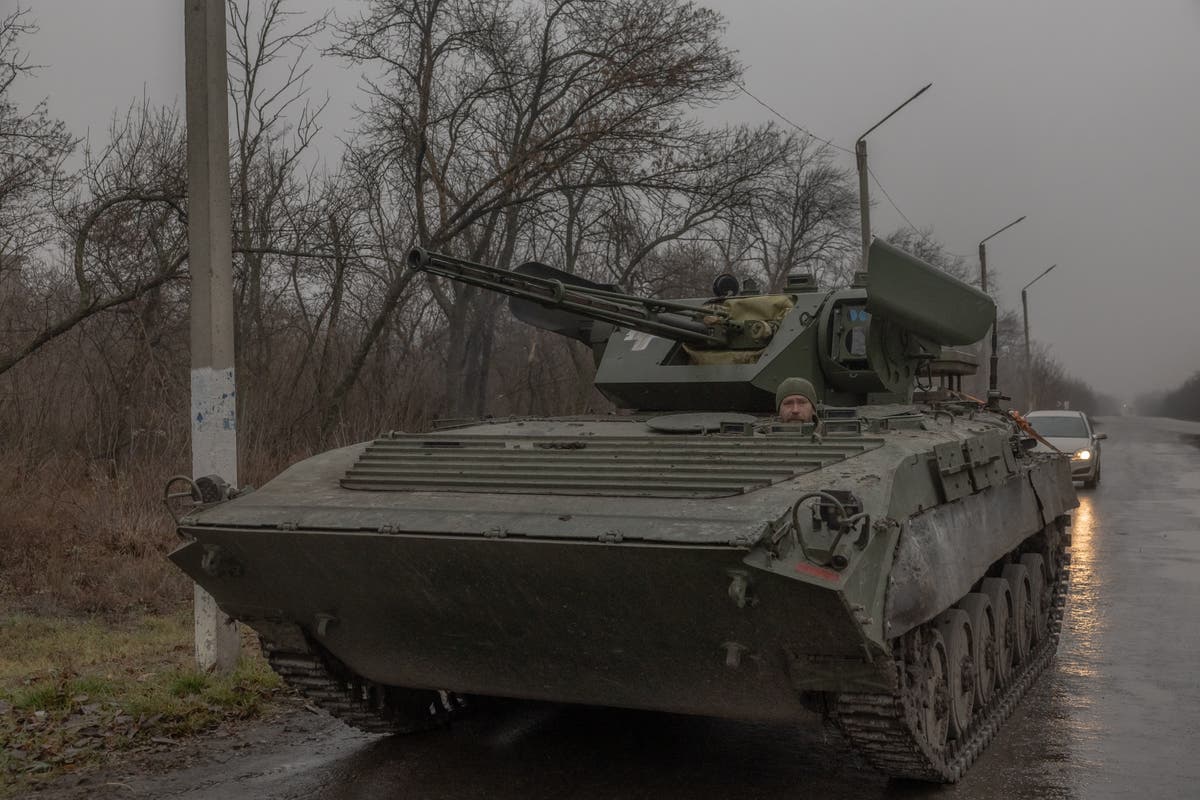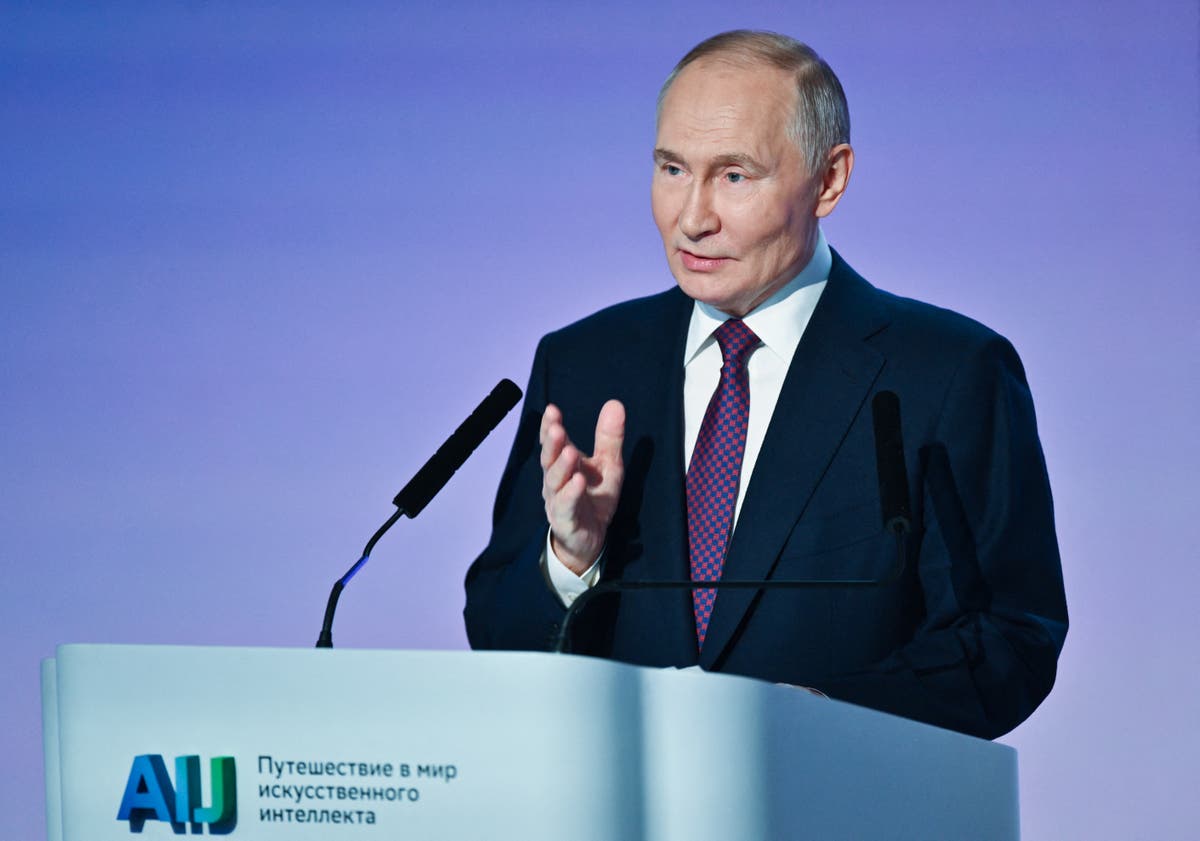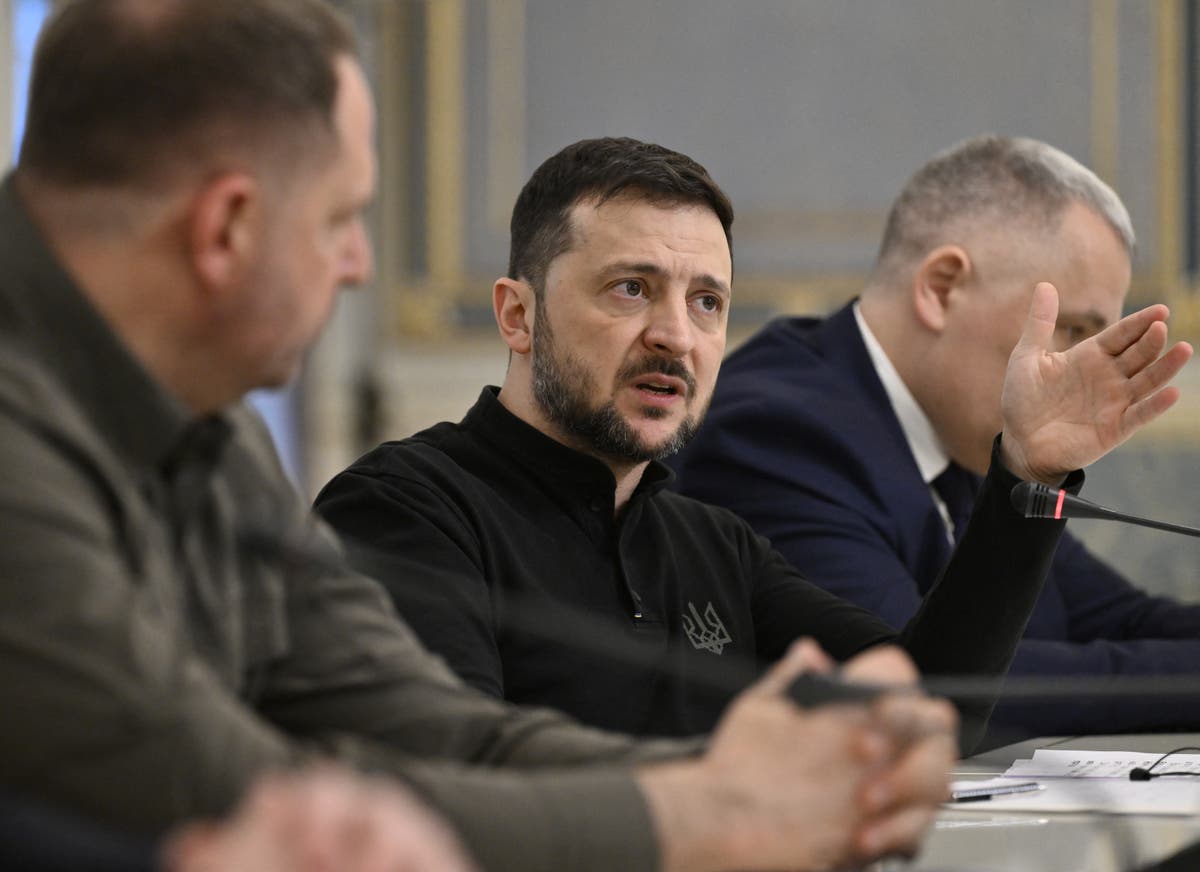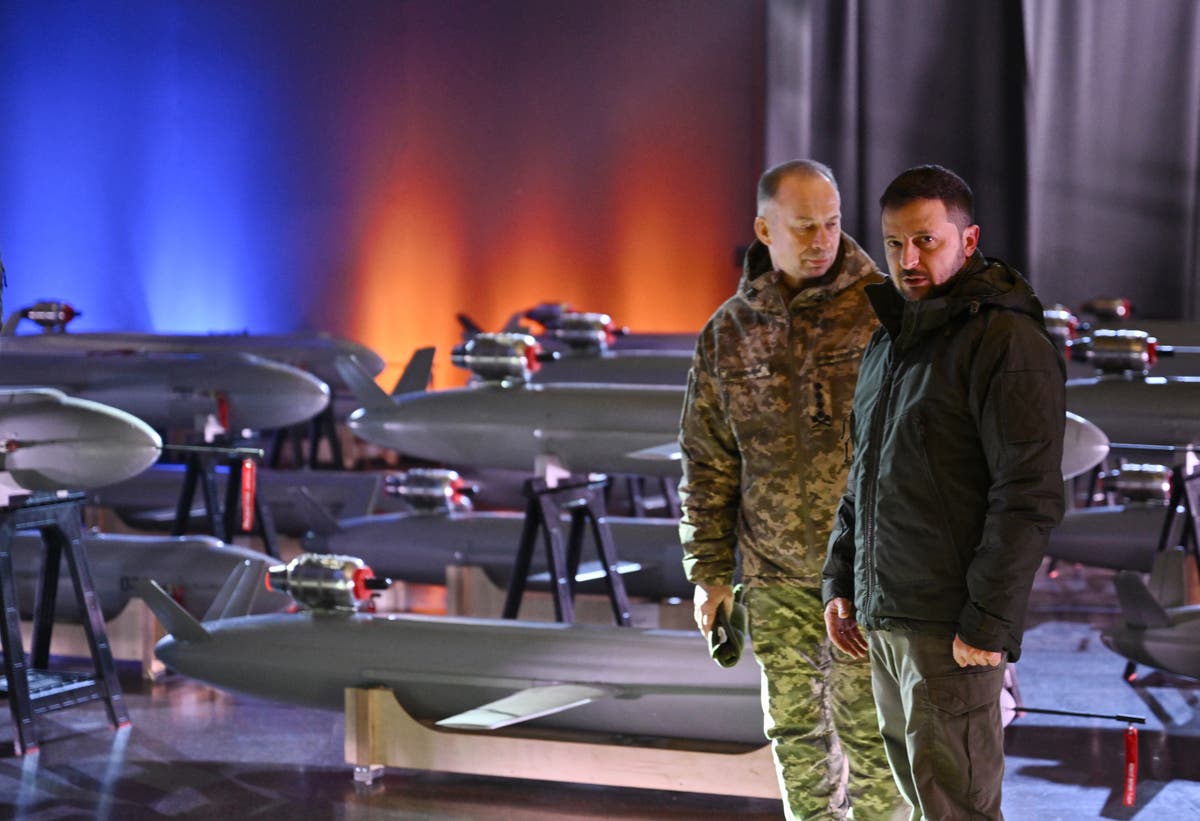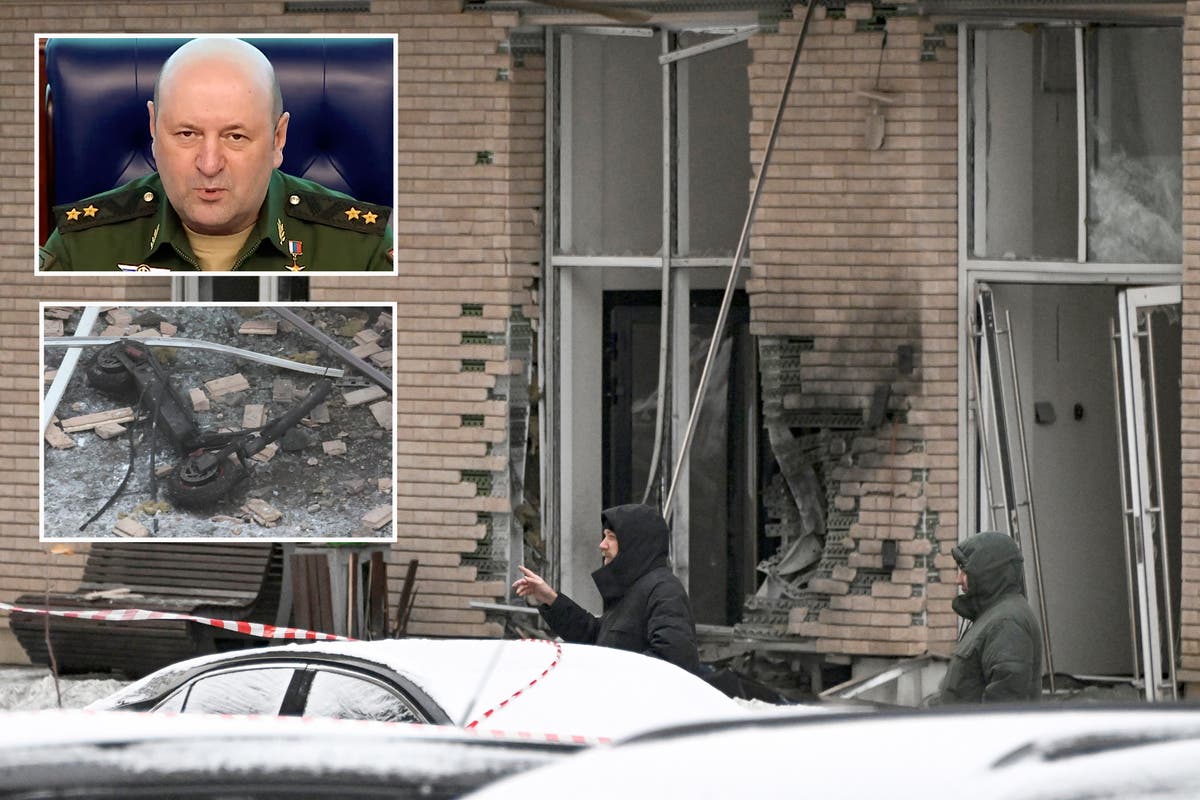
Angry Russia refuses to speak at UN meeting on its attacks on Ukraine's key port city of Odesa.
The IndependentFor free real time breaking news alerts sent straight to your inbox sign up to our breaking news emails Sign up to our free breaking news emails Sign up to our free breaking news emails SIGN UP I would like to be emailed about offers, events and updates from The Independent. Deputy British ambassador James Kariuki responded that because of a tight time schedule to fit in two council meetings, the UK had offered a compromise to allow a third Russian briefer to submit a statement to the council, which he said was “not unreasonable.” Polyansky was not satisfied, and Kariuki then put Russia’s proposal to have the archbishop speak to a vote. As “a sign of protest,” he said, Russia wouldn’t speak in the Ukraine-backed council session called by Ukraine to take up the Odesa attacks. The director of the U.N. Alliance of Civilizations, Nihal Saad, told the council that the division between Ukraine’s Orthodox bodies “has existed for decades.” But she said it has been exacerbated since the February 2022 Russian invasion and has "reverberated worldwide as Orthodox churches have struggled with how and whether to take sides.” Saad said the “heartbreaking” damage to Odesa’s historic church, the Transfiguration Cathedral, caused by a Russian missile strike Sunday was condemned by many, including the U.N. secretary-general. In her briefing, Saad cited restrictions to freedom of religion by both Russia and Ukraine since the invasion, saying “the politicization of religion in the war in Ukraine fuels intercommunal tensions, stokes fear and triggers violence.” Polyansky called the devastation to the cathedral “a horrible tragedy” and reiterated Russia’s claim that the cathedral was damaged by a piece from Ukraine’s anti-air defenses — not a Russian missile.
History of this topic
In a diplomatic quirk, Russia chairs a UN meeting decrying its strike on a Ukraine kids’ hospital
Associated PressUkraine mourns as rescuers search the rubble of a Kyiv children’s hospital struck by a missile
Associated Press
US bears some responsibility for Moscow concert attack, claims Russia, ‘everyone knows that the Kyiv is…’
Hindustan Times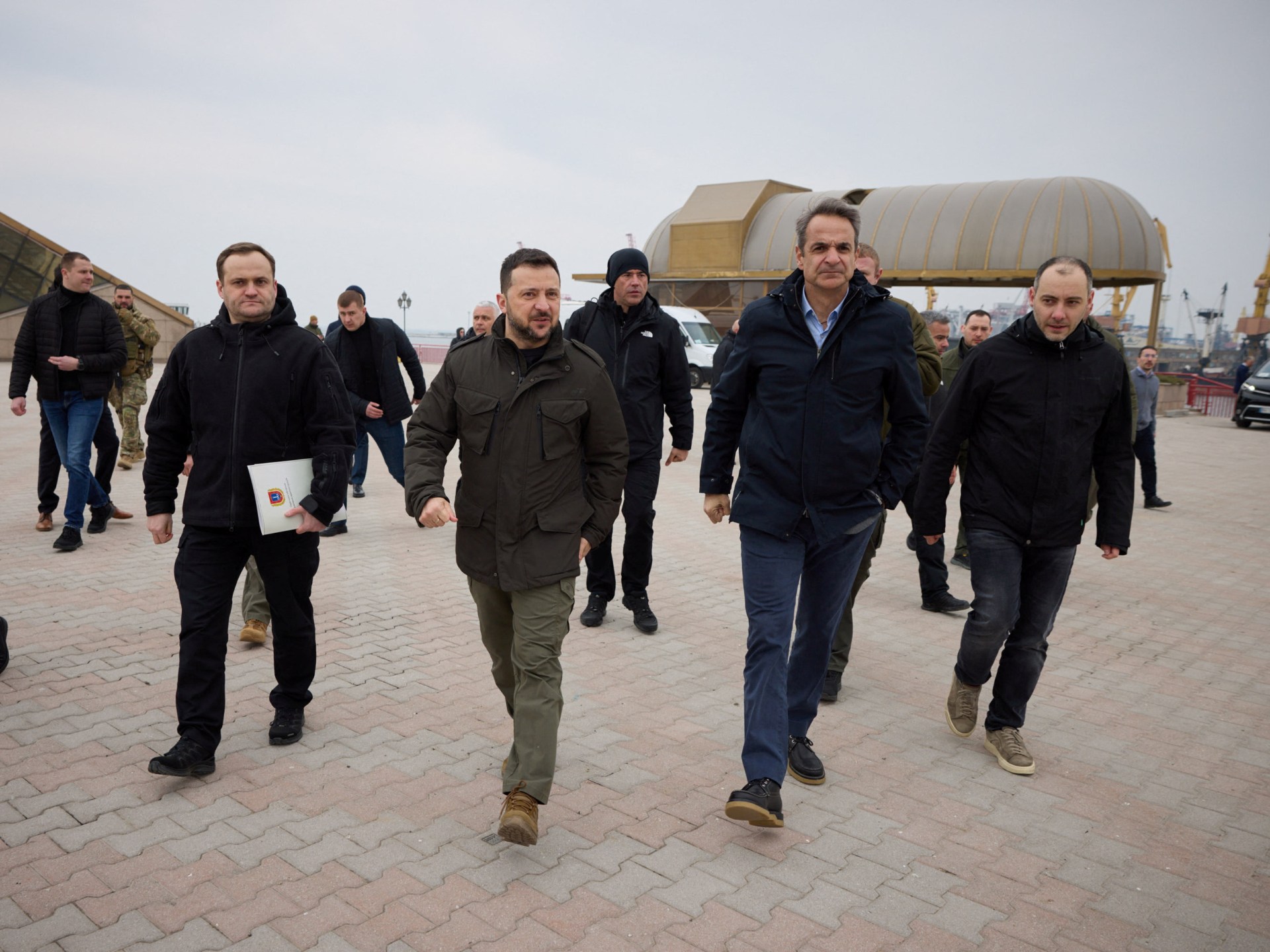
Russia attacks Ukraine’s Odesa as Greek PM visits war-stricken city
Al Jazeera)
Angry Russia refuses to speak at UN meeting on its attacks on Ukraine's Odesa
FirstpostRussia refuses to speak at UN meeting on Ukraine port attacks, calls meeting on religious freedom in Ukraine
ABCAngry Russia refuses to speak at UN meeting on its attacks on Ukraine’s key port city of Odesa
Associated PressAnger grows in Ukraine’s port city of Odesa after Russian bombardment hits beloved historic sites
Associated Press
Anger grows in Ukraine’s port city of Odesa after Russian bombardment hits beloved historic sites
LA Times
Ukraine to curb activities of Russia-linked religious groups
Al Jazeera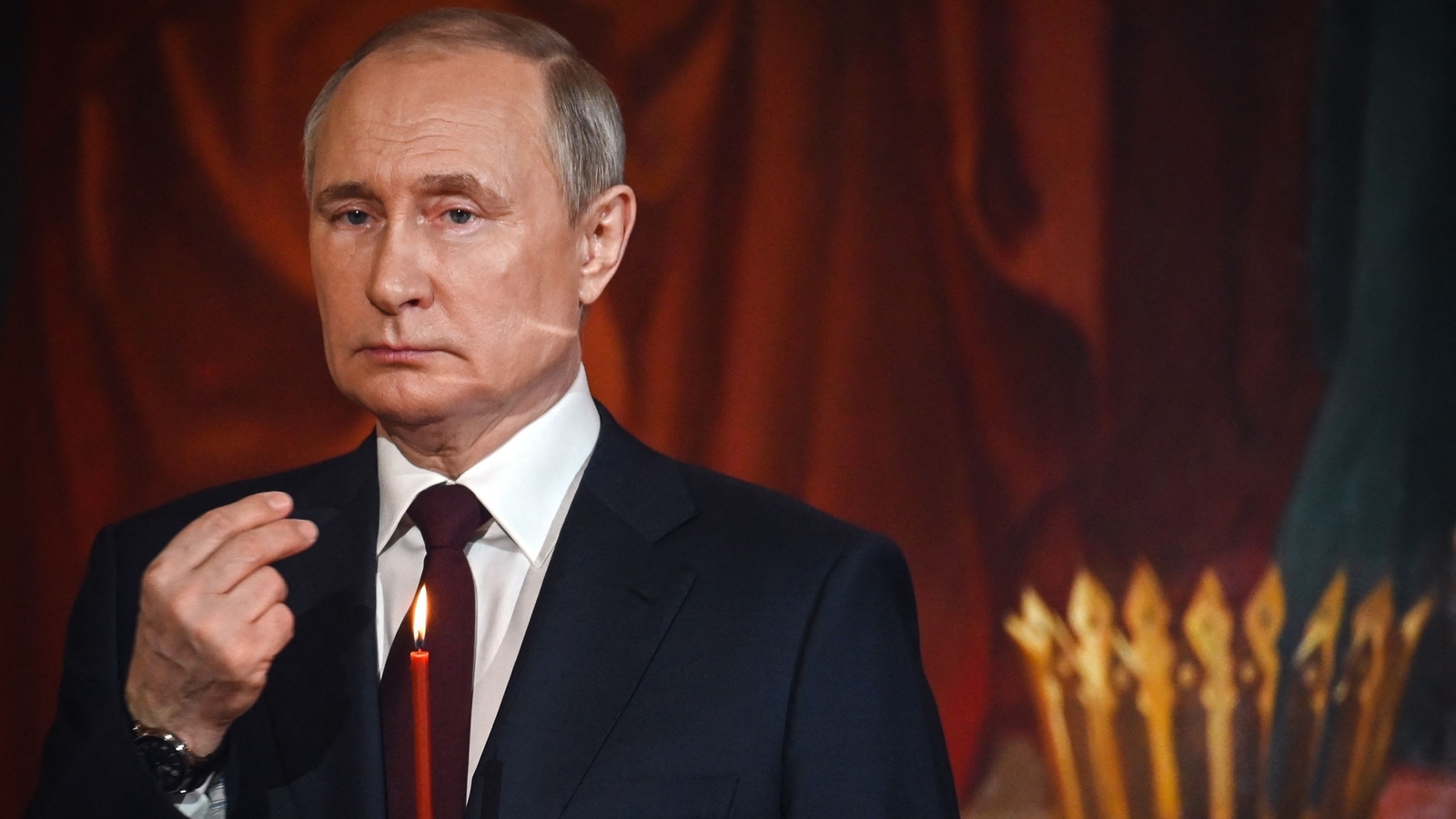
On deadly strikes in Ukraine, Putin doubles down on threat: ‘We'll respond’
Hindustan Times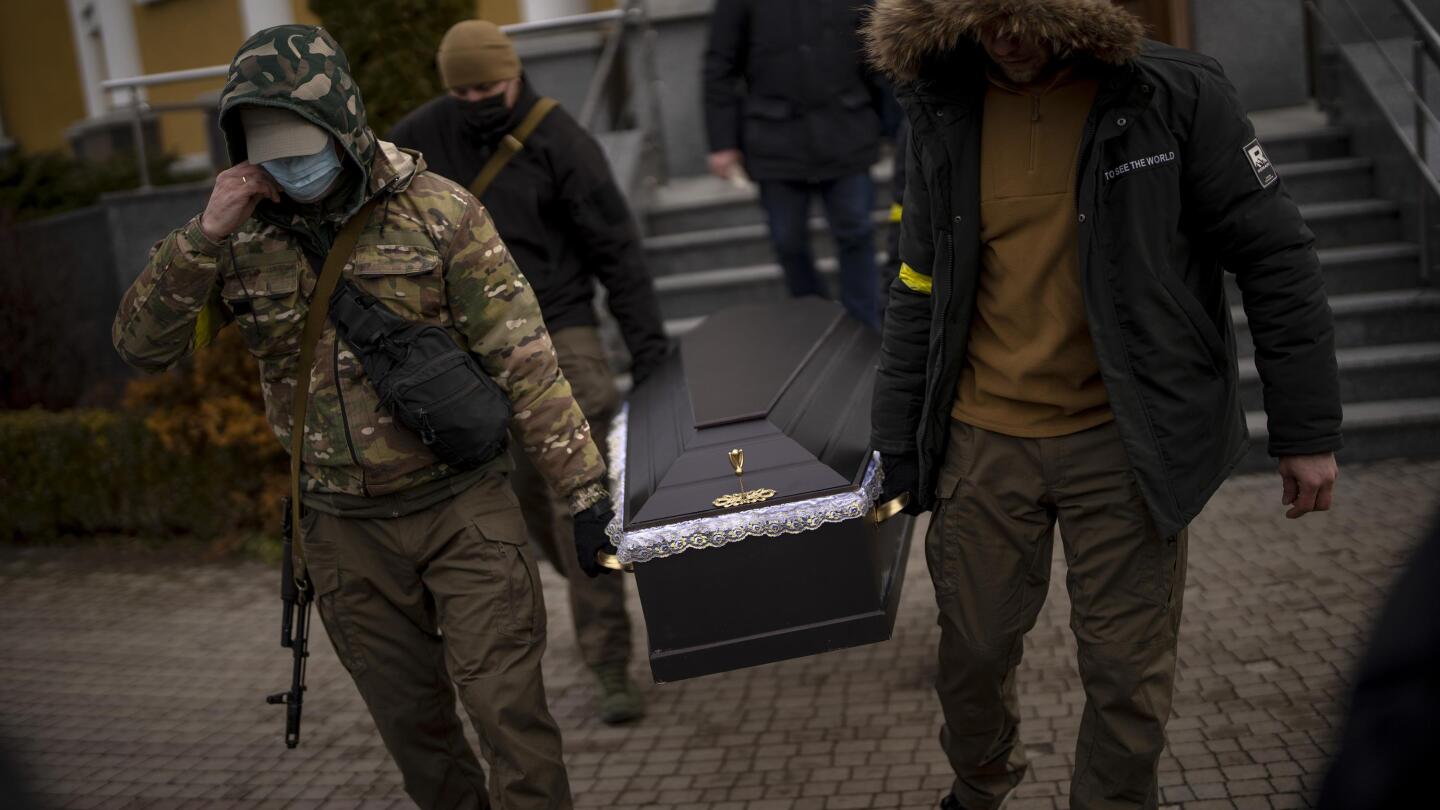
Live updates: UN council to meet on humanitarian situation
Associated Press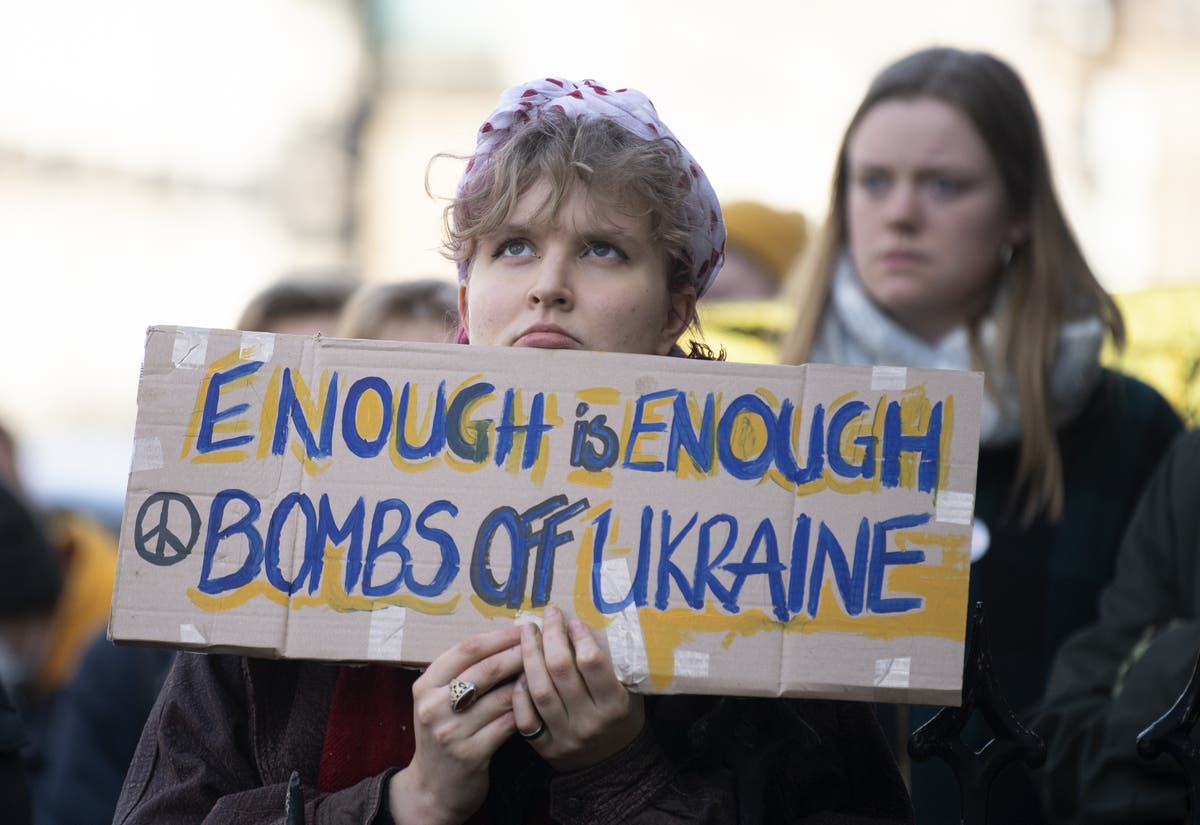
Scots tell Putin ‘loud and clear’ to end invasion of Ukraine
The IndependentRussia-Ukraine crisis live updates | Russia vetoes UN resolution to halt attack
The Hindu
‘Nazi-style course of action’: Ukraine blasts Russia at UNSC meet
Al Jazeera
‘It’s too late': Russian move roils UN meeting on Ukraine
Associated Press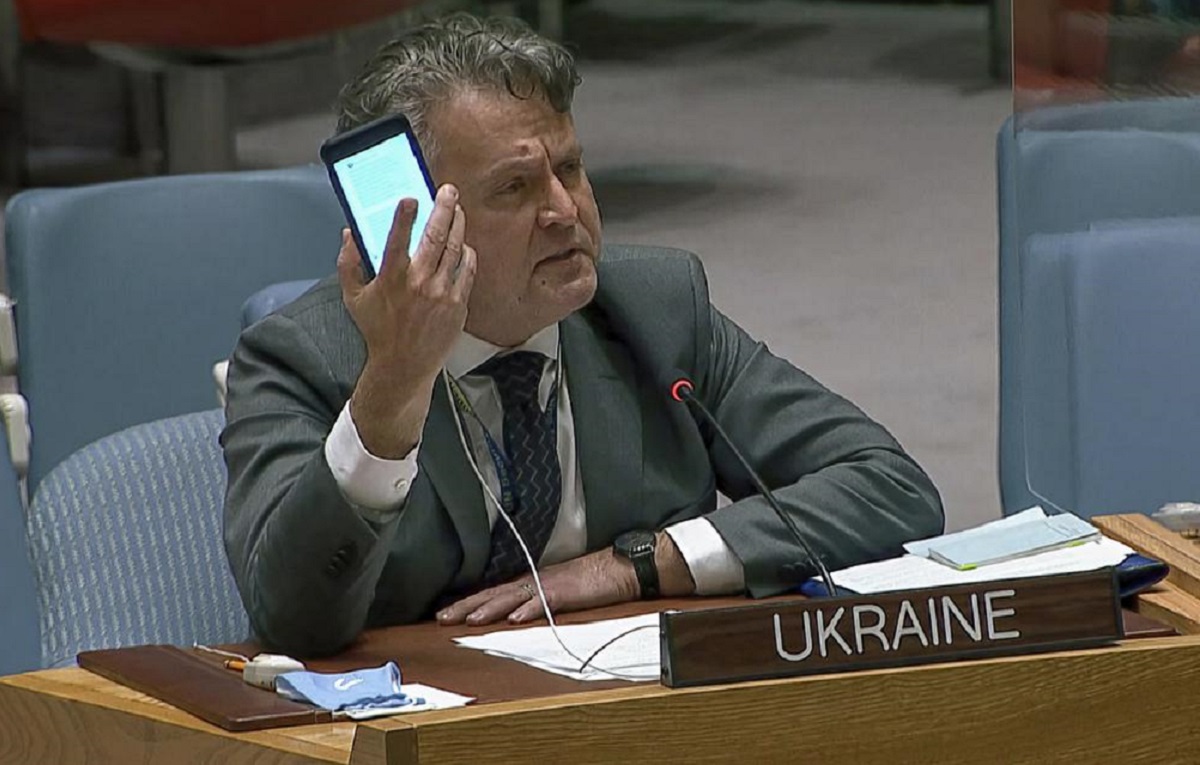
'It's too late': Ukrainian Ambassador told emergency UN meet as Putin announced war live on TV
India TV NewsDiscover Related
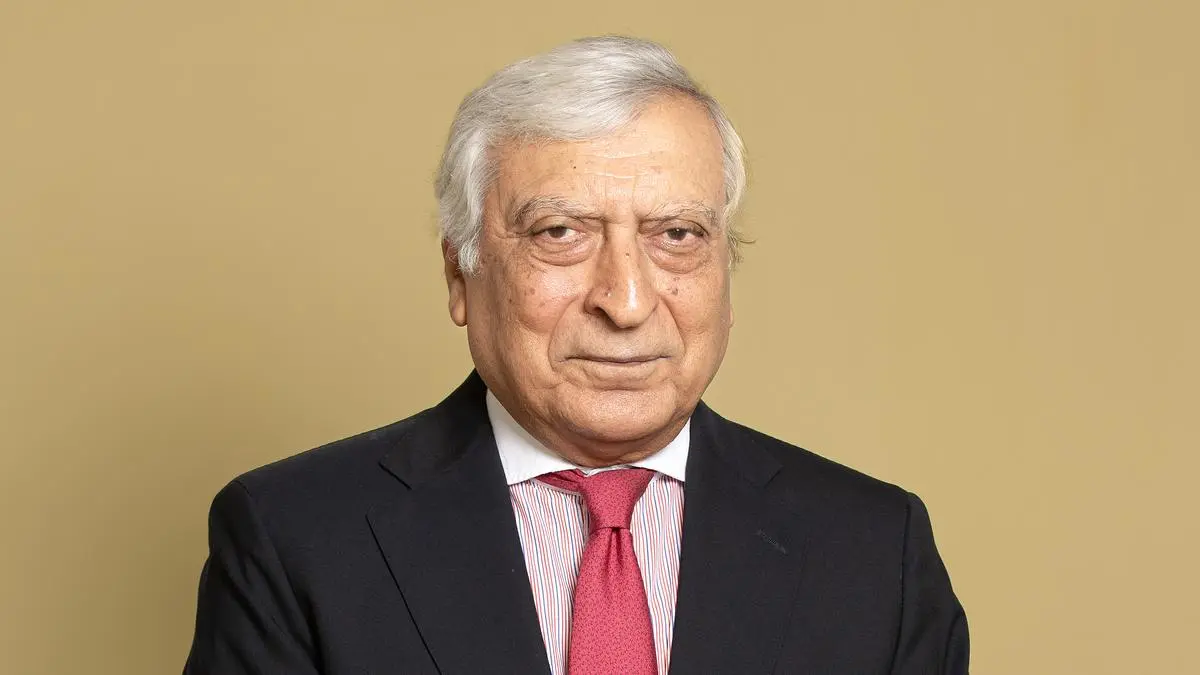








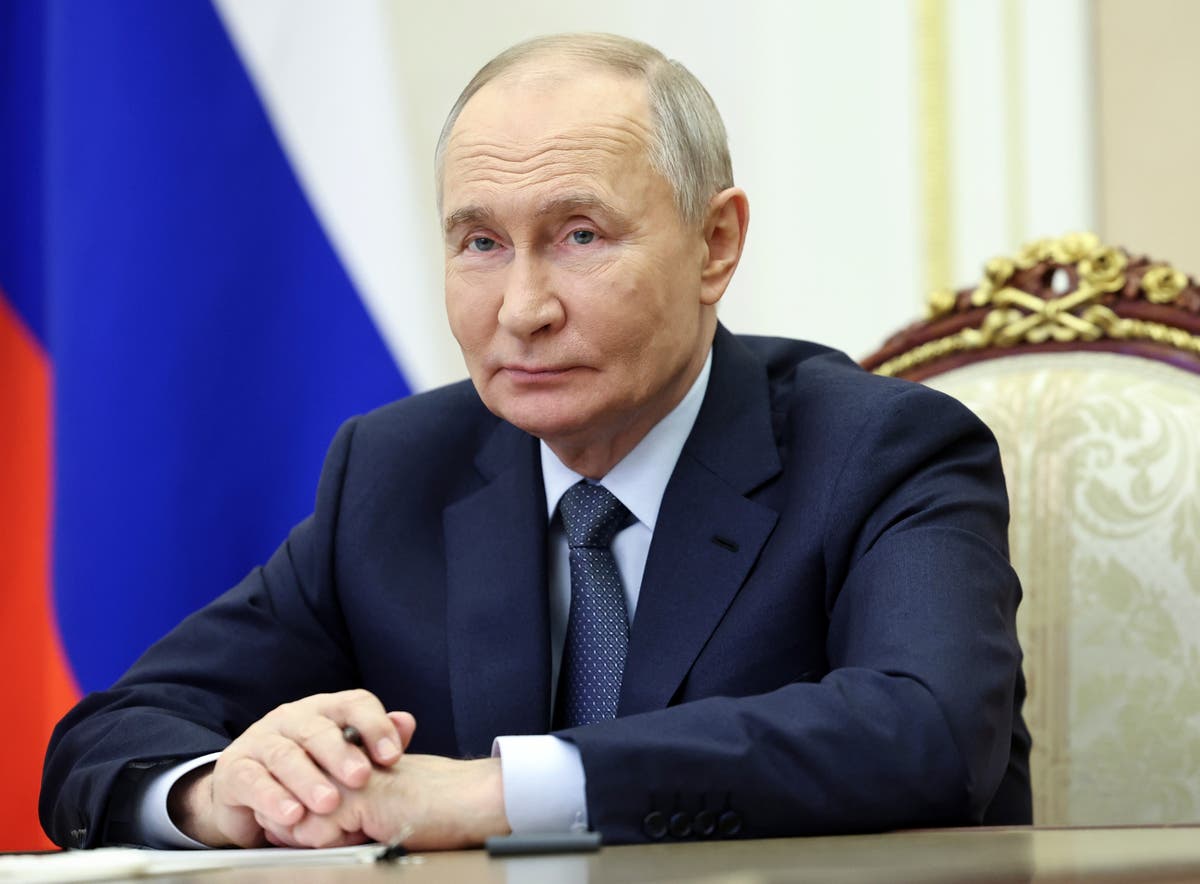




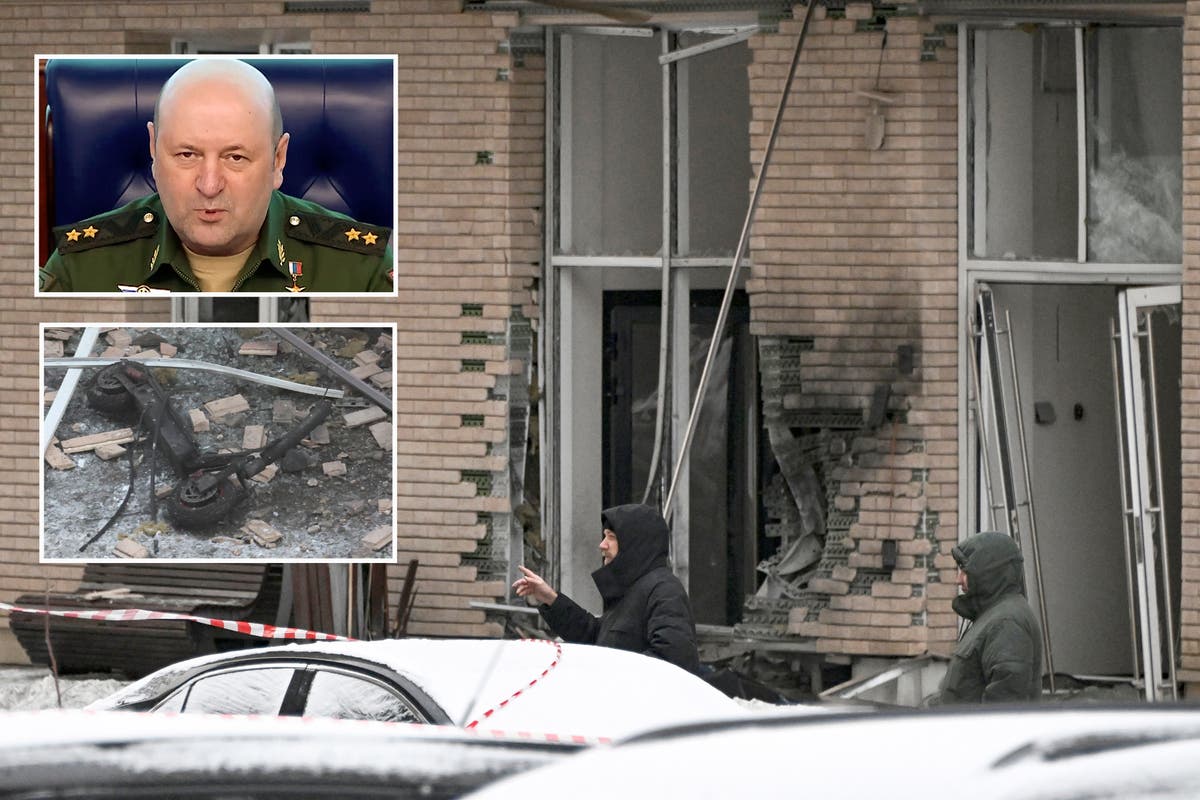

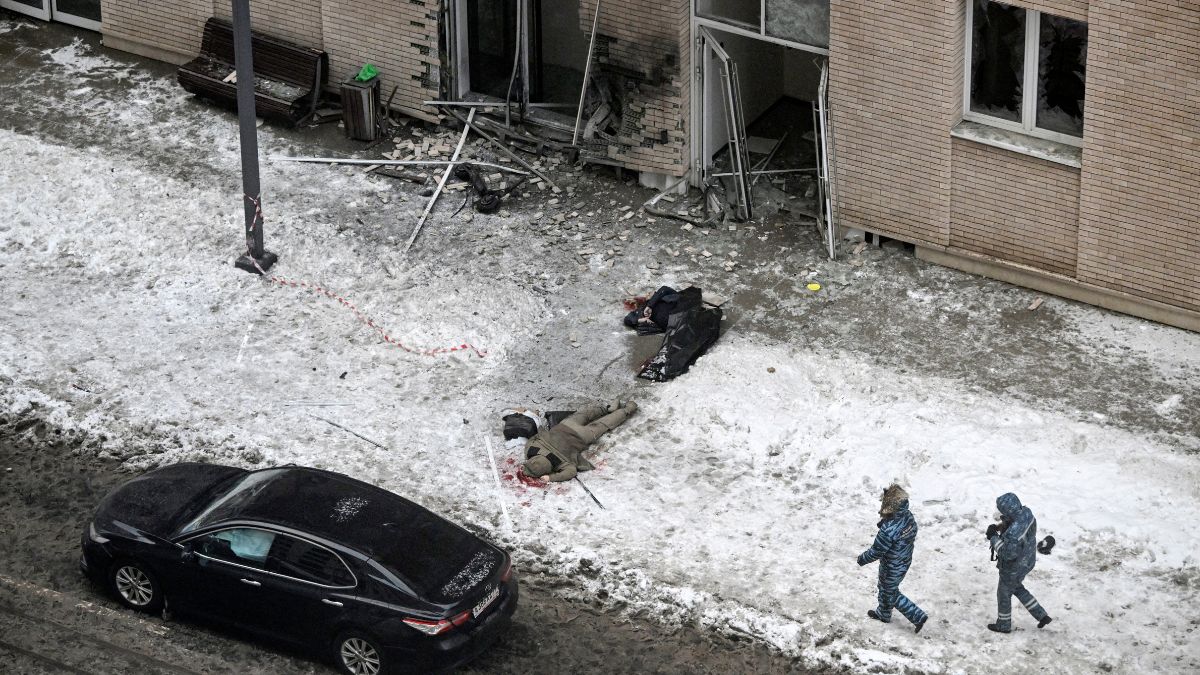)
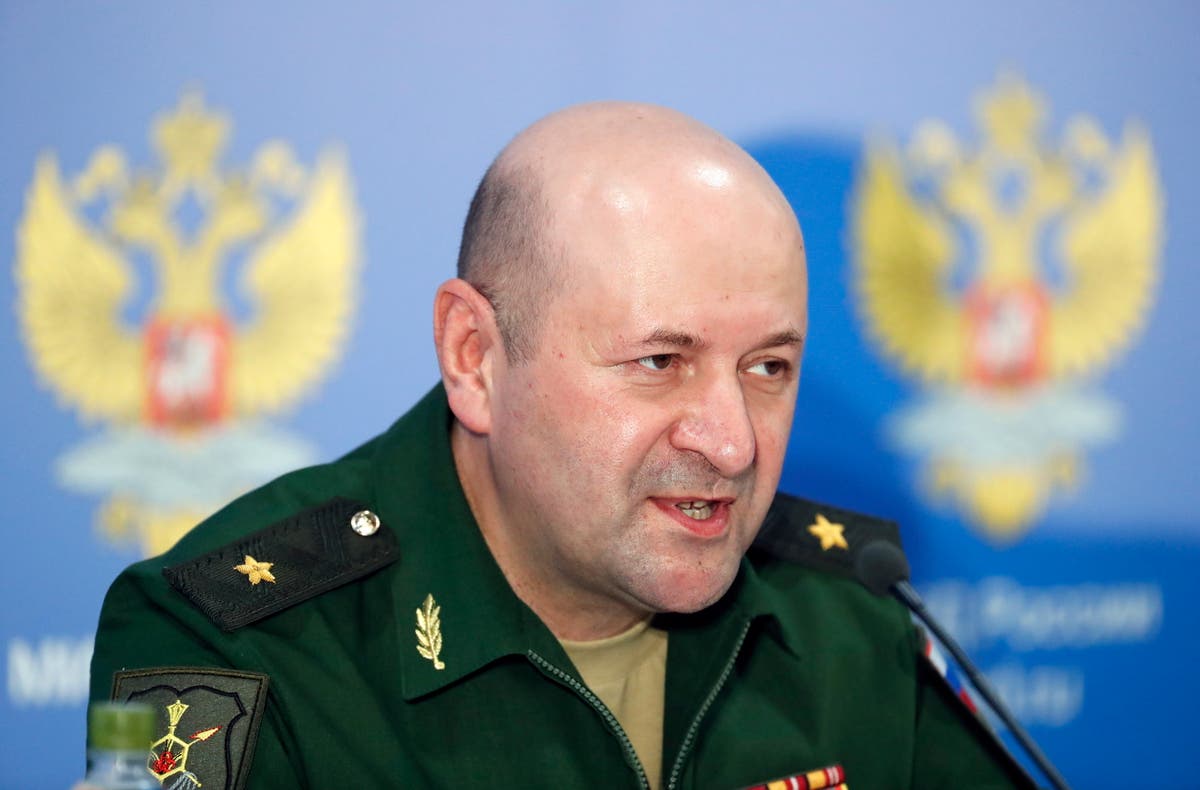

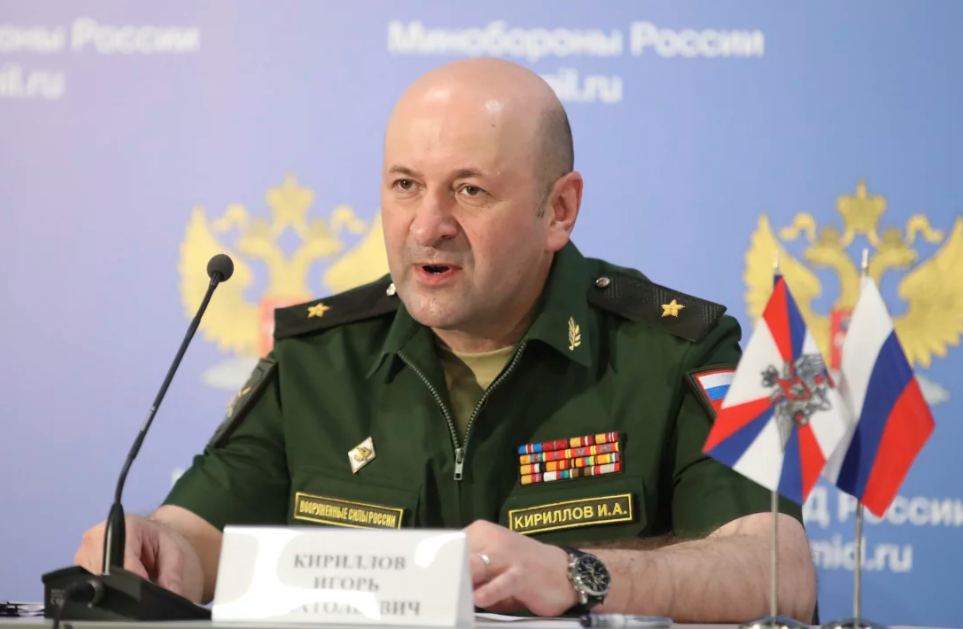
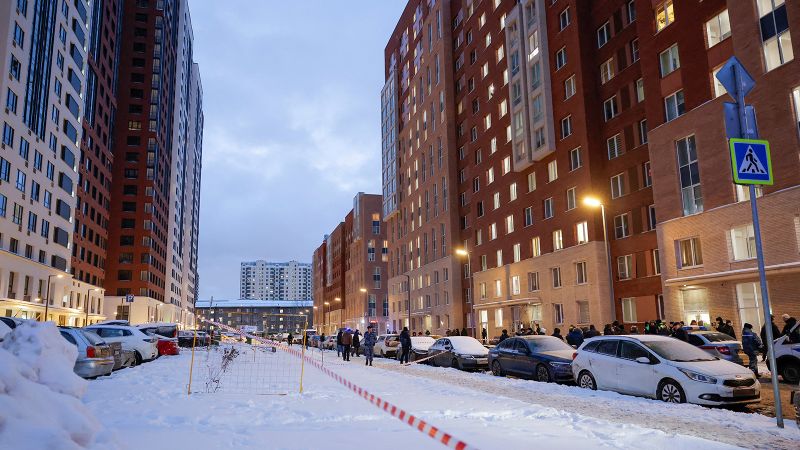

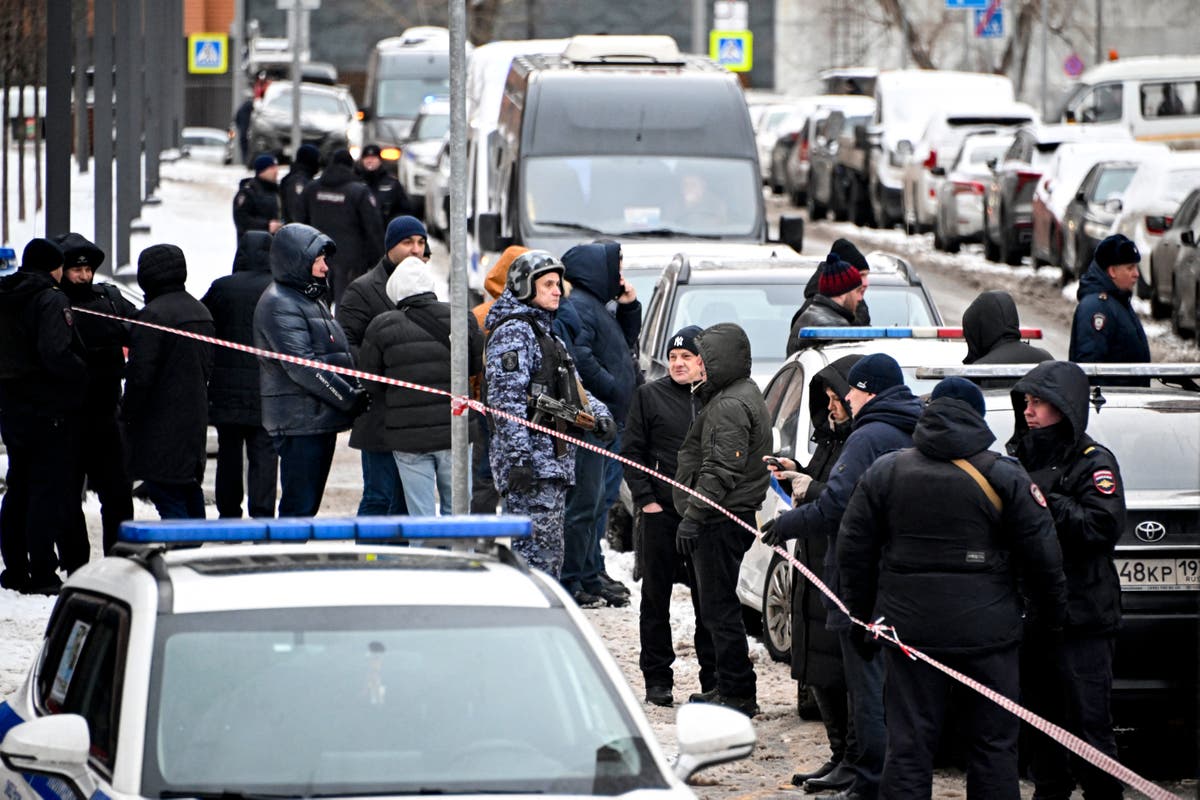


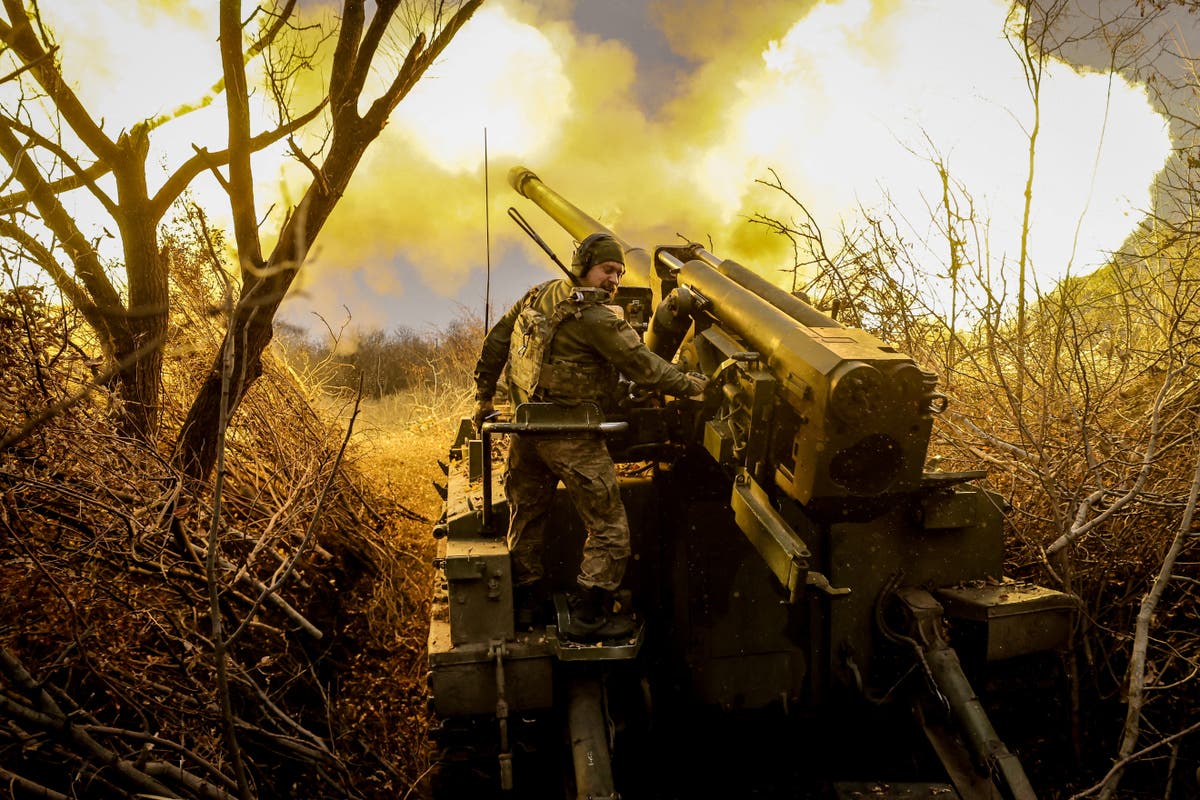
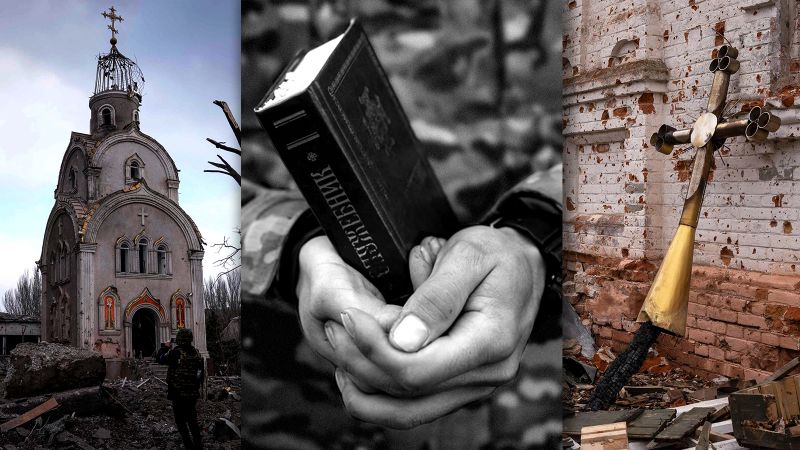

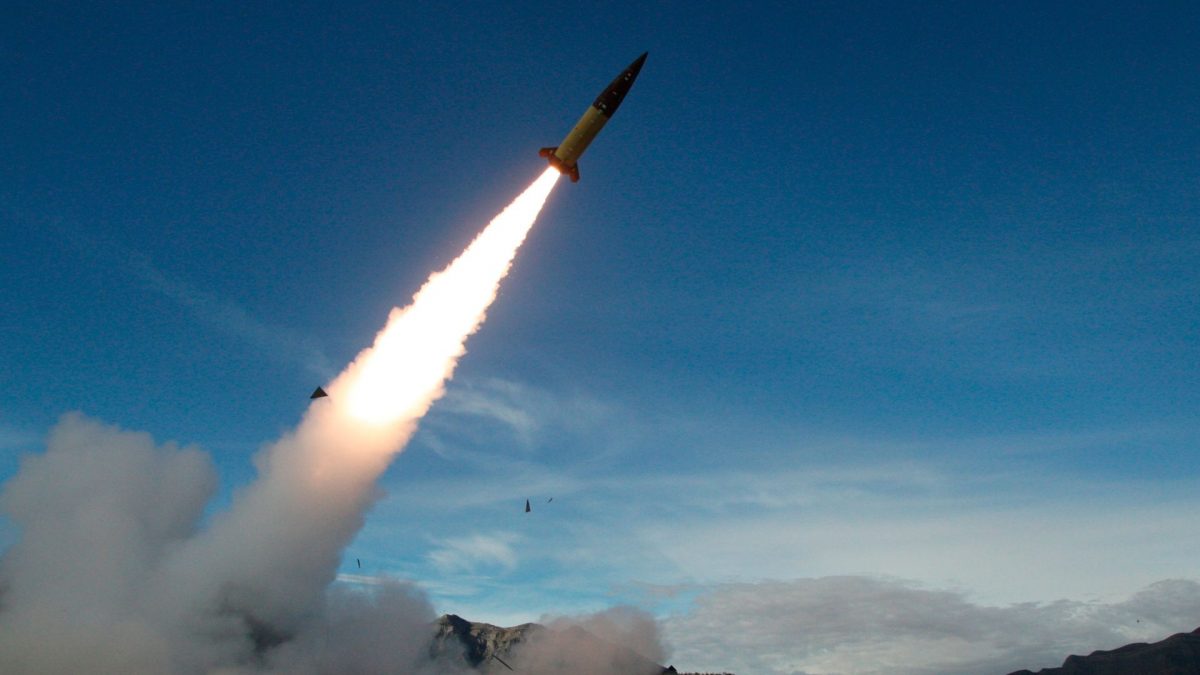)
